China is in the crosshairs of the Canadian auto industry, which is urging the government of Canada to enact a ban on Chinese automotive software and hardware amid geopolitical rivalries and accusations of unfair Chinese trade practices.
According to the report by Automotive News, Canada’s automakers and lawmakers are both inspired by a similar ban proposed in the United States and want their own version to keep potentially hazardous Chinese automotive products out of the country.
The ban on hardware and software would come on top of a 100 percent tariff on Chinese EVs shipped to Canada, which will take effect on October 1st, 2024. The tariff will currently affect only Western-headquartered carmakers, specifically Polestar and Elon Musk’s Tesla, which are the only importers of China-assembled EVs to Canada.
General Motors, along with Ford and Stellantis, have thrown their support behind the ban through the Canadian Vehicles Manufacturers’ Association, of which they are members. Deputy Prime Minister Chrystia Freeland signaled that the government of Canada is receptive to a Chinese auto component ban, noting, “our government takes very seriously intentional Chinese overcapacity and we take very seriously the security threat from China.”
Meanwhile, in the U.S., the Biden administration’s 100-percent tariff on Chinese-manufactured EVs is now active. Presidential candidate and former American president Donald Trump has dubbed himself “Tariff Man” and promises a 60-percent tariff on all Chinese goods imported to America, along with a 100-percent tariff on Mexican imports.
The Biden administration also wants to slap a ban on Chinese vehicle software and hardware, a move that would directly affect the Buick Envision model from GM with its Chinese production. Gina Raimondo, U.S. Commerce Secretary, said that “when foreign adversaries build software to make a vehicle that means it can be used for surveillance, can be remotely controlled, which threatens the privacy and safety of Americans on the road” – and thus appeared to confirm conspiracy theories that highly connected modern vehicles can indeed be used to spy on their owners or even be remotely taken over by third parties.
Raimondo added, “in an extreme situation, a foreign adversary could shut down or take control of all their vehicles operating in the United States all at the same time, causing crashes, blocking roads.”
The Automotive Parts Manufacturers’ Association president Flavio Volpe says the ban is also necessary given how interwoven the U.S. and Canadian auto markets are, with any difference in bans, tariffs, or other measures giving China the opportunity to “cheat.”
Volpe issued a straightforward argument for taking action against the Middle Kingdom’s automotive products: “China knows the rules, and is going to break them.”

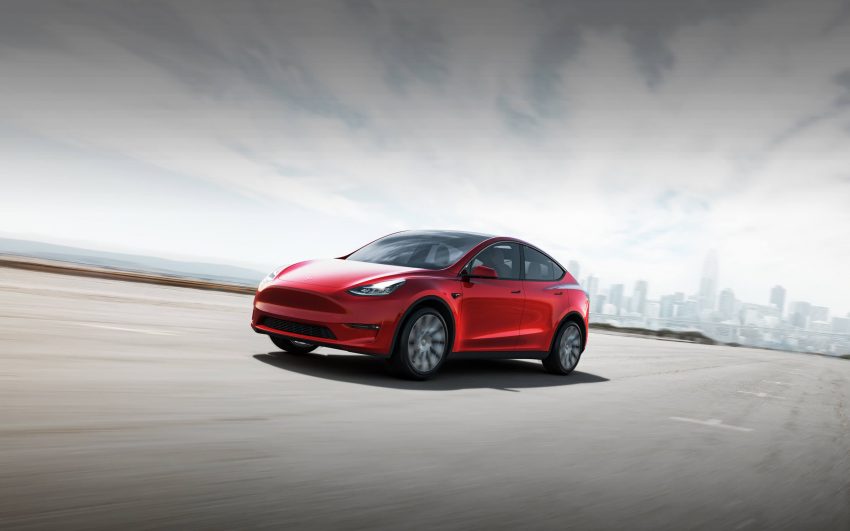
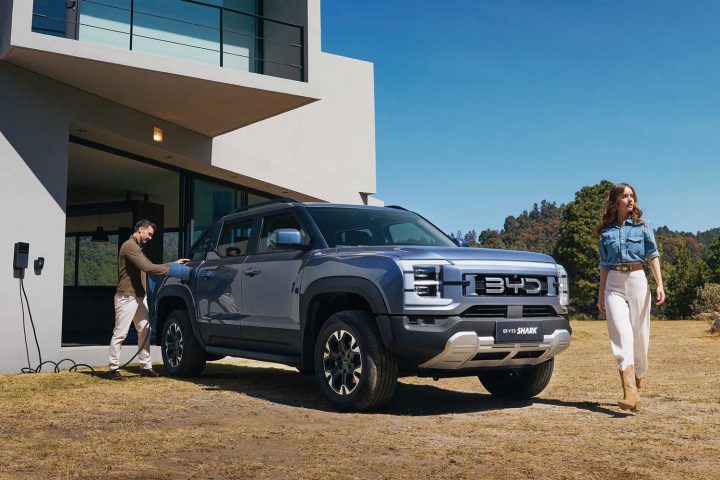
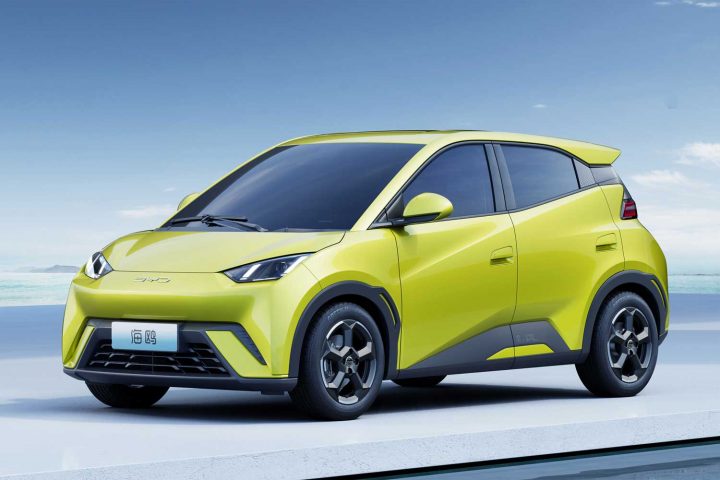
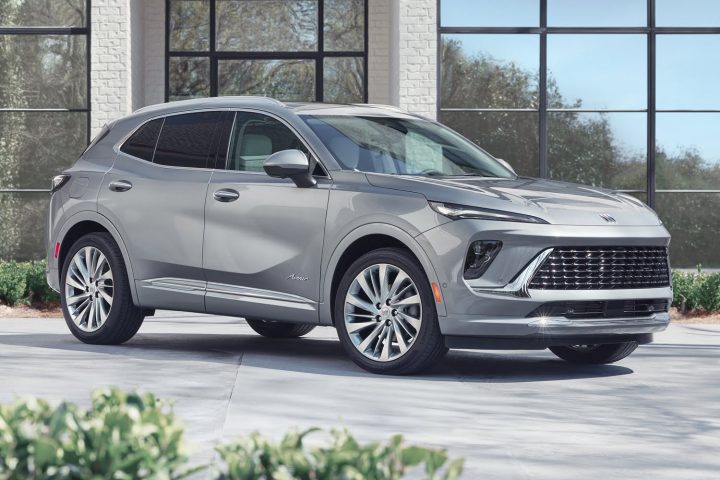

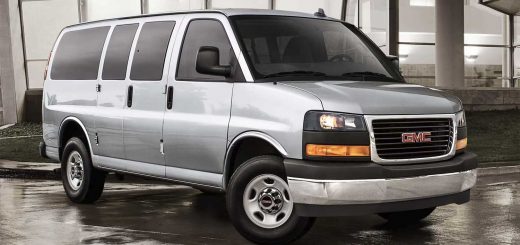
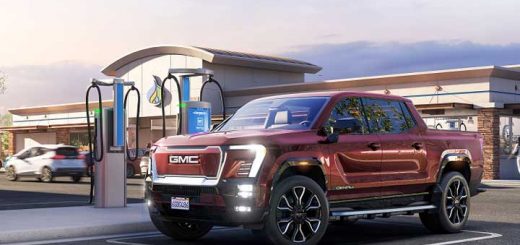
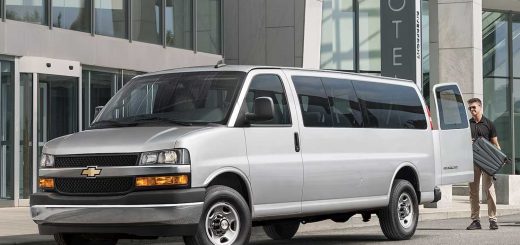
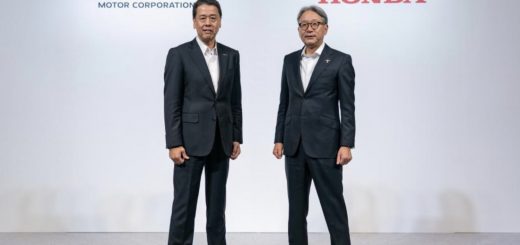





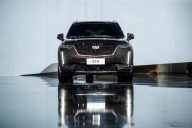
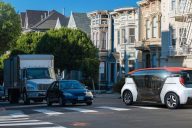
Comments
Let’s include all Auto makers having the ability to spy on their customers, gather driving data and control our vehicles through GM’s OnStar and what ever systems Ford and Stellantis have.
GM has already been caught selling driving data to data brokers who then sold it to insurance companies.
Is this in inaccurate statement or just poorly written:
“The tariff will currently affect only Western-headquartered carmakers, specifically Polestar and Elon Musk’s Tesla, which are the only importers of China-assembled EVs to Canada.”
I ask because unlike GM, Tesla has a much higher % of US manufacturing. About 65% VS average 40% US made.